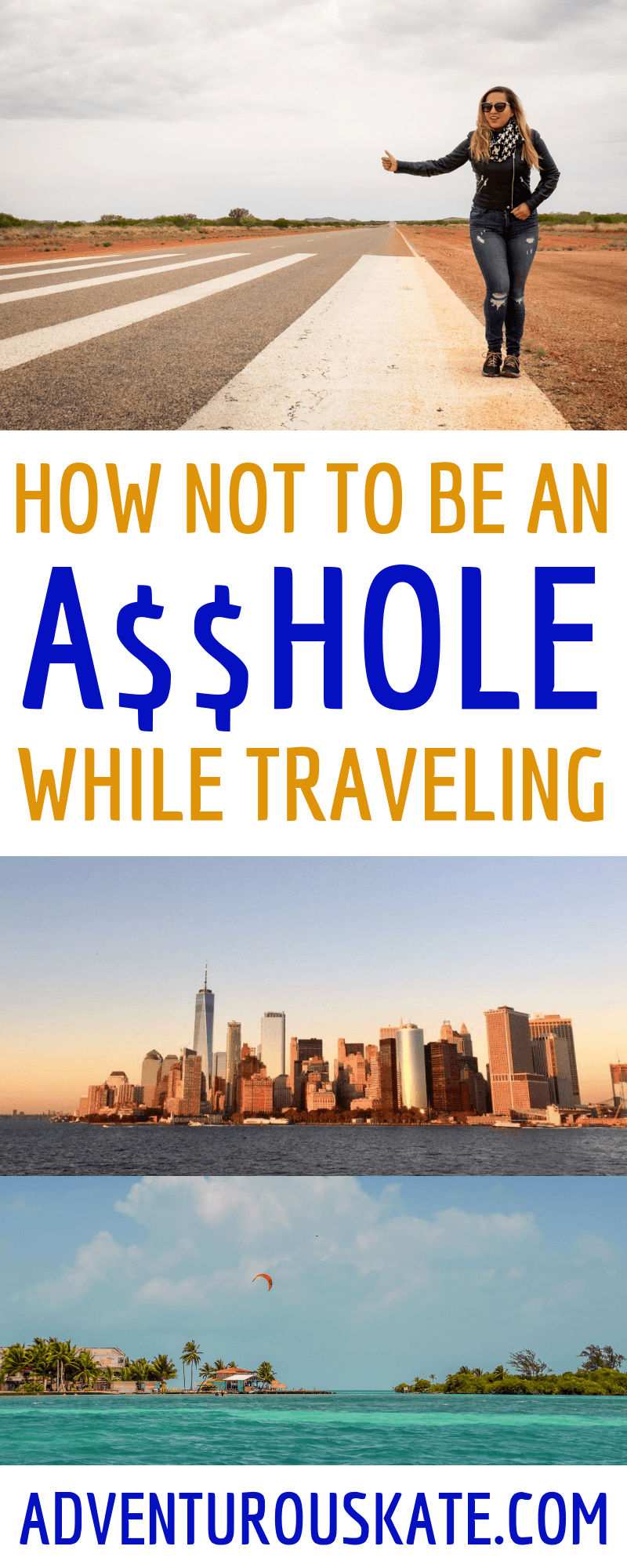Adventurous Kate contains affiliate links. If you make a purchase through these links, I will earn a commission at no extra cost to you. Thanks!
Everyone likes to think that they’re a good traveler. But are you as good as you think you are? Probably not.
“How dare you call me an asshole?! I’m one of the good ones!”
I mean, we’re all assholes. We all cause damage. There’s no such thing as a perfect traveler or trip.
We can all strive to do better.
I often say that the best thing the travel blogging community has done is raise awareness about elephant rides. Elephant rides are universally abusive to the animals — there’s no such thing as a “good” elephant ride — and the many pieces bloggers wrote about this issue led to major tour companies deciding to remove elephant rides from their trips.
That was a good thing. That should be celebrated.
But the single worst thing the travel blogging community does is contribute to overtourism. I feel like Instagram was an iffy kid turned bad, the Kevin Khatchadourian of social media, if you will. Sure, maybe some photos inspired people to visit emerging destinations, but far more people were encouraged to travel to the same overtouristed destinations, the same busy photo spot, and take the exact same photo with themselves in the same spot.
And despite the emergency of overtourism, that doesn’t stop bloggers from continuously writing guides to Iceland, Bali, Barcelona, and other places that have already been covered to death and don’t need to encourage any additional tourism.
But there are ways that we as travelers — both leisure travelers and those of us who travel for a living — can make a better impact on the communities we visit.
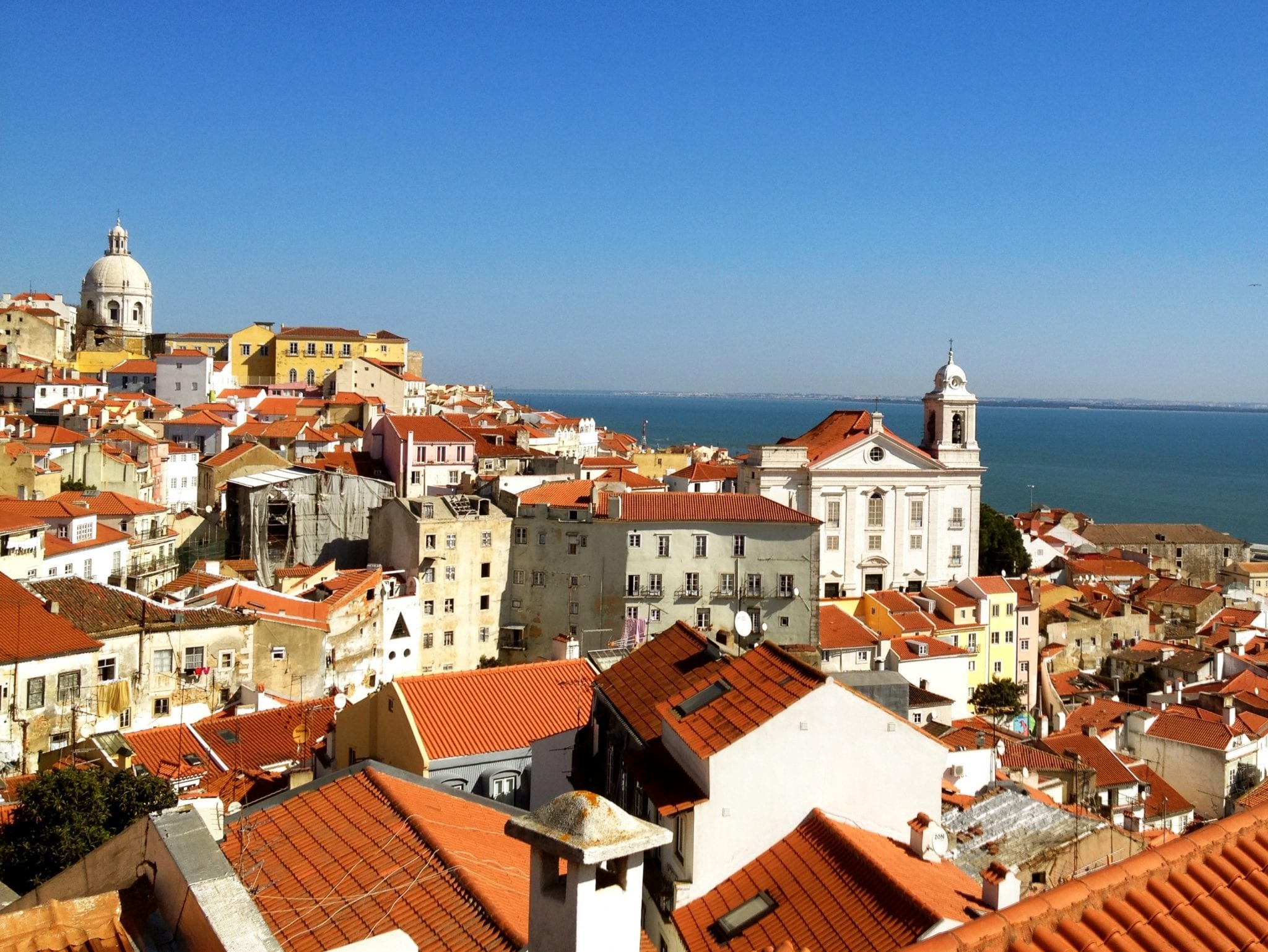
Reconsider how often you stay in Airbnbs.
In the past decade, no company has upended the travel industry as much as Airbnb. Suddenly it became possible to book someone’s apartment and stay there instead of a boring hotel. It was local! It was authentic! It was cool! And soon Airbnb became more popular than ever.
So how is this a problem? Landlords realize can make much more money on short-term rentals to tourists and take their apartments off the housing market. Over time, less and less housing is available and prices are driven skyward. This is exacerbated in areas that already have housing shortages.
Many cities have instituted laws around Airbnb. In New York, where I live, you can’t stay in an Airbnb unless the leaseholder is present or you’re staying for more than 30 days. This means that you can’t just book your own apartment in the East Village for a random weekend — it’s illegal.
New Orleans has a similar system, and all Airbnb rentals need to be listed on a government website and have a permit displayed in a window.
The big problem is that these laws are very rarely enforced. They’re more vanity laws than anything else.
And in countries where there are no laws, housing can be out of control. I’ve heard horror stories about Lisbon in particular.
So what’s the solution? A simple one — stay in a hotel, hostel, or actual B&B! That will prevent you from impacting the local housing market.
If you’re still set on staying in an apartment, you can always rent a room in someone’s home as opposed to a whole place. Some people might feel okay renting a lived-in apartment when the owner is away, rather than renting a company-owned apartment. And Couchsurfing still exists!
How I’m walking the walk: I haven’t stayed in an Airbnb rental since 2016. I live by New York’s rules — and since I don’t like staying in someone’s spare room, I default to hotels now.
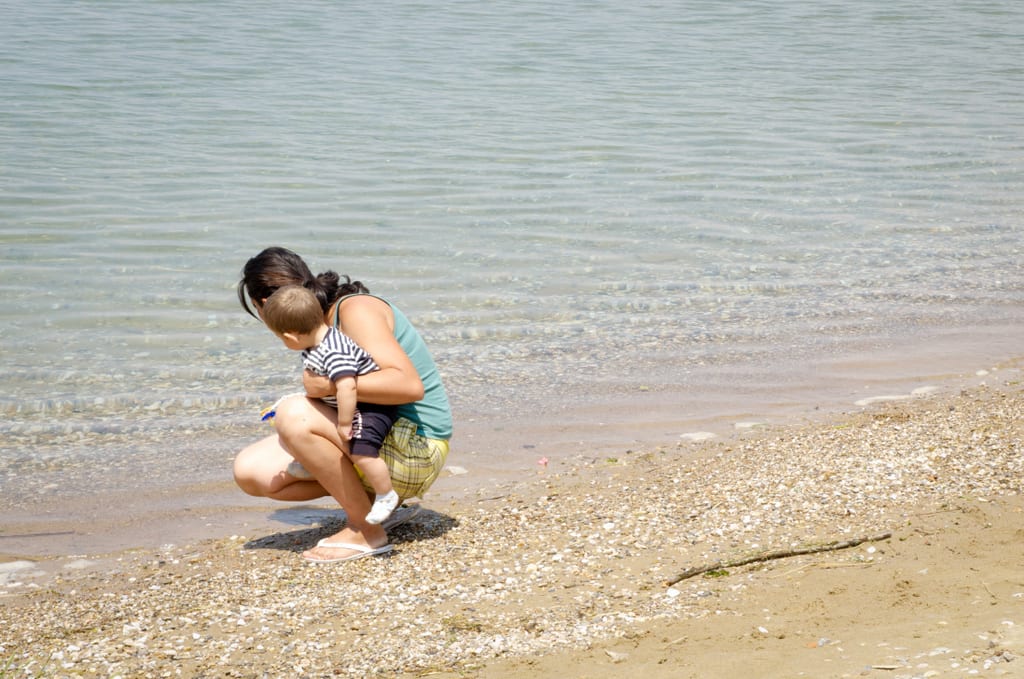
Stop photographing children.
When I first started traveling long-term in Southeast Asia, I had no qualms about photographing children. They were adorable and often begged me to take pictures of them — why shouldn’t I share that with the world?
Then when I went to Guatemala in 2015, I learned that the Mayans ask people not to photograph children due to the risk of child trafficking. When I heard that, my heart dropped. All along, I was doing something that could risk children being kidnapped. That’s when I stopped taking pictures of them.
Since then, I’ve also become more privacy-focused, both for myself and for children. I feel like kids should have the right to decide whether or not their pictures are on the internet, and most children are too young to consent to that. That’s why I haven’t shared any photos of the babies in my life. Even if the parents say it’s fine, it’s not fine with me. Additionally, how would I feel if someone took a photo of my kid and put it up on the internet?! That’s so creepy.
Do you really need to photograph children? Does it really add to your trip to do that? How does it make someone’s life better by putting it on the internet? These are questions that you should ask yourself.
How I’m walking the walk: I no longer publish photos of children on my site or any social media platform unless 1) they’re a small part of a crowd scene or 2) their face is obscured. If I want to take a photo for my personal use, I always ask the parents or caregivers for permission.
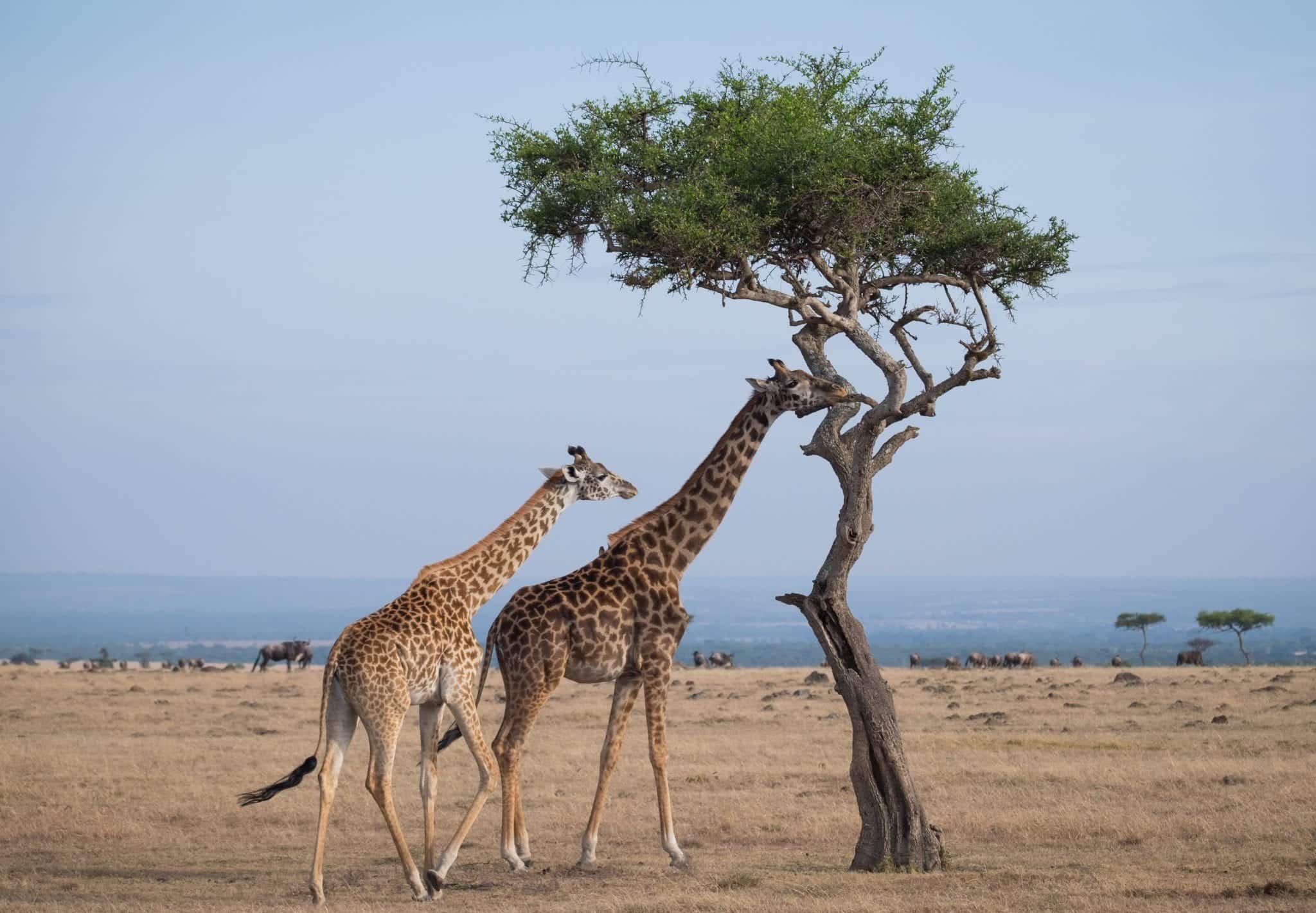
Be very picky about animal activities.
Animal encounters are prime Instagram material. Who will be able to resist a photo of you cuddled up with tiny little tiger cubs?
It turns out that many of these activities are abusive. Elephants are trained to give rides by being whipped until their spirit is destroyed. Up-close encounters with tigers and cheetahs only works because the animals are sedated. Dolphin shows and swimming with dolphins involve keeping a wild animal in captivity.
A good rule is to stick to activities that have you observing animal wildlife, rather than interacting with the animals themselves. Safari? Great. Whale watching? Awesome. Snorkeling with fish, keeping a safe distance from coral and wearing reef safe sunscreen? Cool.
How I’m walking the walk: These days, my animal activities are non-interactive: primarily safari and wildlife watching. Occasionally I’ll do something like horseback riding.
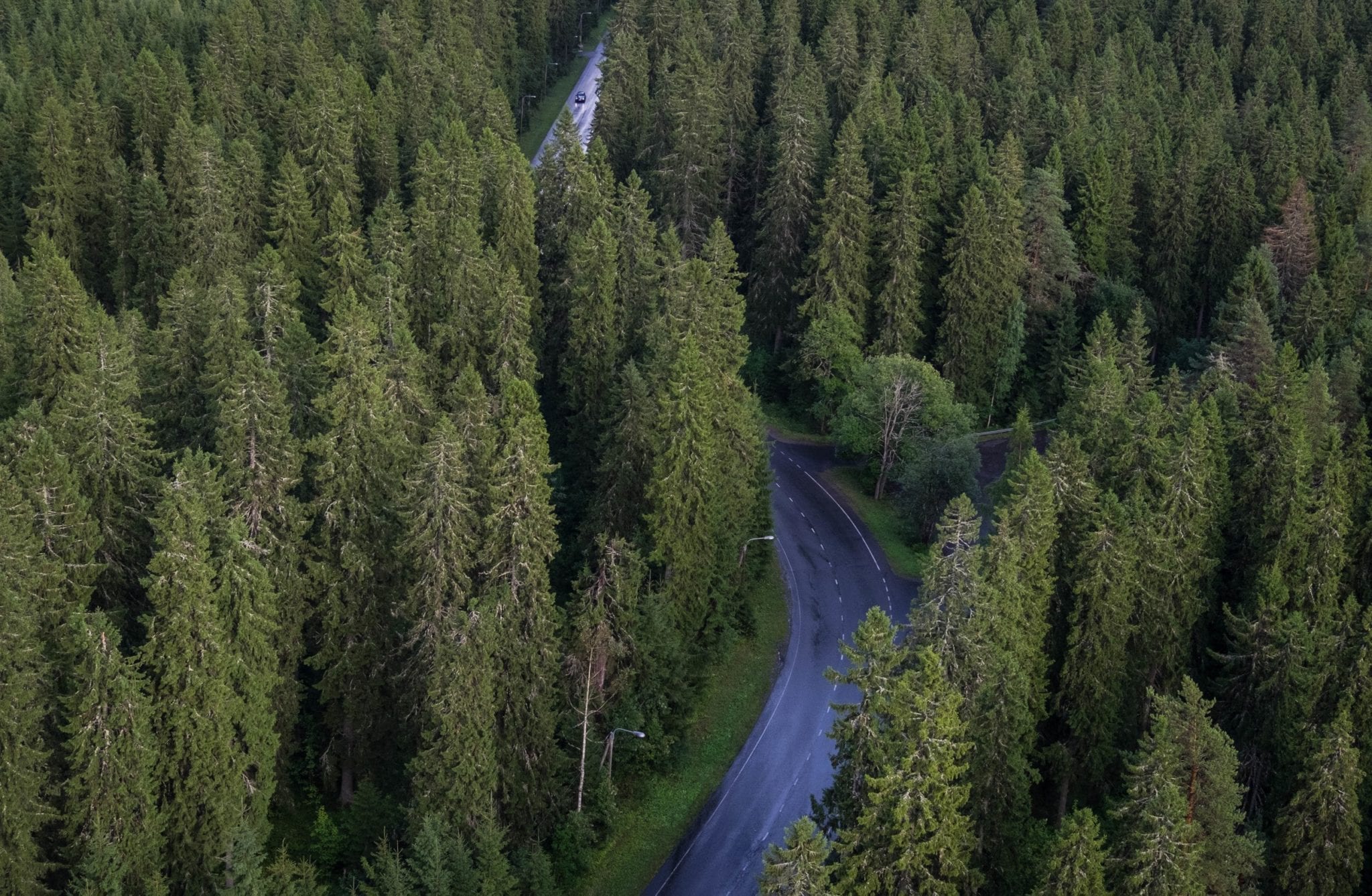
Consider offsetting your flights.
Even if you’re living a fairly low-impact lifestyle — not having biological children, living in an apartment, not owning a car, following a vegan diet — your carbon footprint skyrockets once you add in long-haul flights.
But it’s possible to offset your flights. To do this, you buy carbon credits and a company either plants trees or invests in energy-saving businesses. For example, the money could go to a landowner to keep the trees from being bulldozed.
It’s not enough to simply reduce in this case — our climate emergency is severe and we need to neutralize our impact.
As far as research goes, I found this site to be a good starting point.
So far I’m really liking CarbonFund.org.
How I’m walking the walk: I offset all my flights in 2019.

Make small but meaningful differences in your diet.
One of the best ways to lower your carbon footprint is reduce your consumption of animal products, especially beef. This doesn’t mean you need to be a vegan — but getting into a habit of eating less meat than usual can make a surprisingly large difference.
One nice thing about this is that the world would change enormously if everyone made small changes. Even giving up meat one day per week can make a big difference.
Additionally, eating local makes an enormous difference on your carbon footprint. Back in the day, having New Zealand mussels flown into your Las Vegas restaurant was a point of pride — but today, many restaurants are eschewing the old ways to emphasize local cuisine, the menu changing with the seasons.
You can find high-end restaurants specializing in local cuisine everywhere you go — a recent favorite of mine was Spice in Cleveland, where they made borscht from a berry that is only in season for 10 days — and lower-end local restaurants almost always source locally available produce.
How I’m walking the walk: As someone who eats mostly paleo, this is more of a challenge for me, but I’ve shifted red meat to rare occasions and most of the time my animal products are organic free-range eggs and canned wild salmon with occasional chicken or pork. It’s not ideal, but it’s a huge difference from how I was eating before.
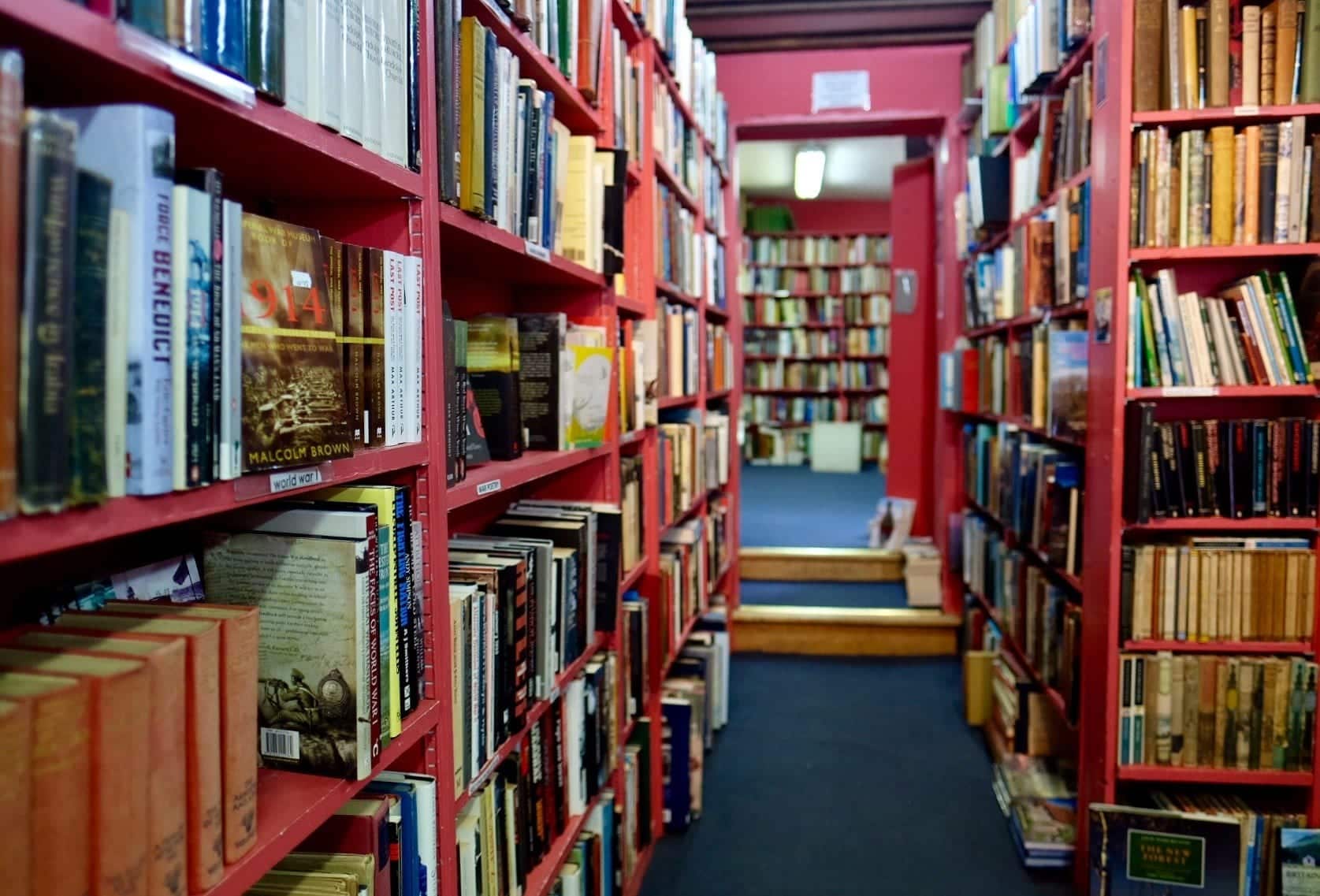
Read books written by locals, not just travelers.
Almost every time you see a list of “best books about [non-western region],” most of the books on the list are travel memoirs written by privileged people. No matter how populous the country is or how rich a literary tradition it has, books by wealthy white male visitors dominate the list.
Oh, and if it’s a list of books about Africa, J.M. Coetzee’s Disgrace will almost inevitably be on it. (This is something I vent about a lot. I swear nobody has actually read Disgrace, because it’s about men attacking and raping a woman in the South African countryside. It’s a beautifully written book, but it’s brutal and it plays into racist stereotypes. You would be insane if you gave someone that book to inspire an Africa trip. I would only give it to people whom I wanted to scare away from ever visiting Africa.)
Reading a book by a travel writer can provide invaluable insights no local could, particularly if the work is by a talented author or a work of journalism. But the problem is when we read only these books and discount the stories told by local people.
Reading a book by a local while you’re in the destination can add so much dimension to your visit. Last year I loved reading Ngugi wa Thiong’o in Kenya and Murakami in Japan. Both showed me so much more about the country than I could have learned on their own.
Bonus: Read books written by women and people of color. Even in 2019, travel writing is still heavily dominated by white male authors. These are the authors who get the book deals, big marketing budgets, and sellers that will get their books on shelves in front of you. Most books published by women get the Eat, Pray, Love happy-memoir-with-a-pink-cover treatment, even if they’re groundbreaking works of journalism, like Suki Kim’s undercover assignment in North Korea, Without You, There Is No Us.
How I’m walking the walk: I read constantly, and while I actually don’t read much travel writing in my free time, I always make an effort to read works by authors of color.

Spend your money close to the ground.
We live in a world where most of the wealth is controlled by few. How do you even rise up against that? It’s daunting, but one way to help locals is to spend your money close to the ground.
Are you buying souvenirs? Buy from the artist directly. Yes, those same beaded bracelets will be for sale in the airport at the end of your trip, but the artist is only making a fraction of what they make when you buy from them.
This goes for local businesses as well. Consider staying in a locally owned hotel rather than the local outpost of an international hotel brand. Locals will make far more money that way.
How I’m walking the walk: I don’t buy many souvenirs on my travels, but when I do, I try to buy direct from the artist when I can.
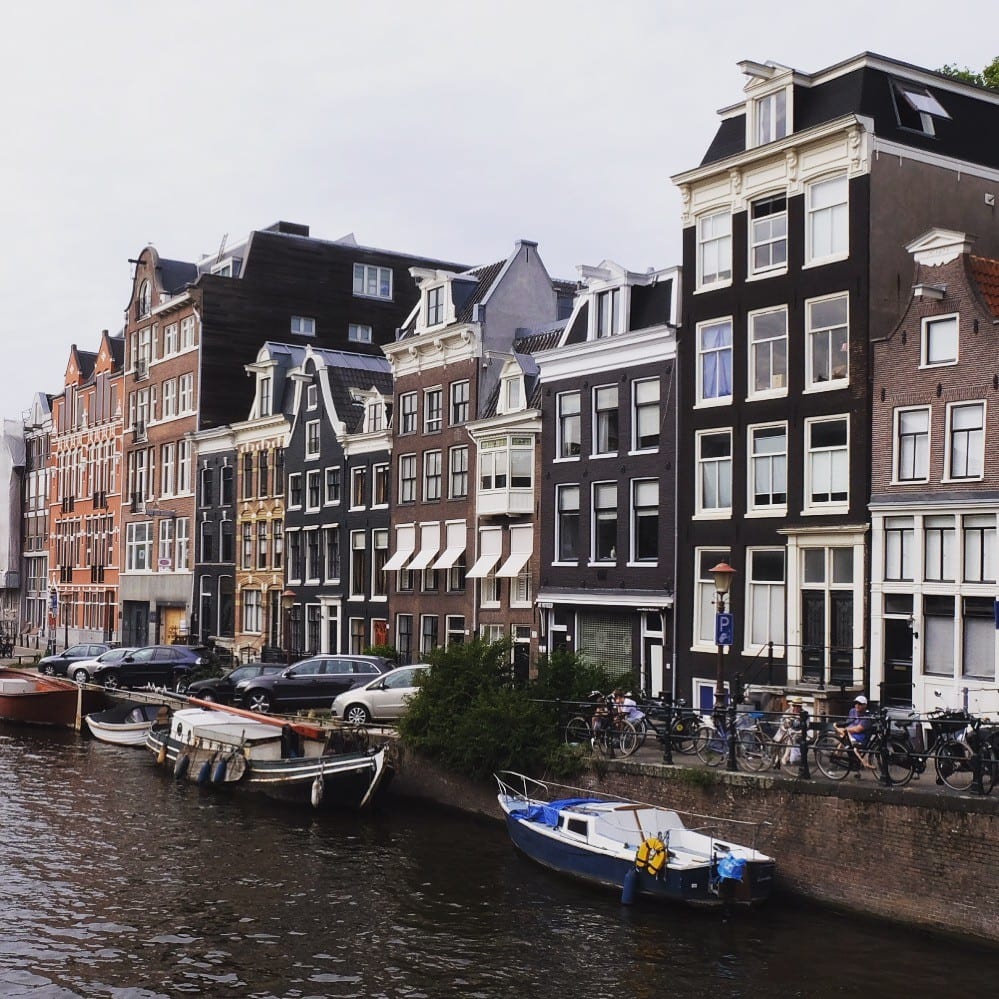
If you’re a blogger, influencer, or someone with a platform, please consider your impact on overtourism.
What is overtourism? It’s when a destination becomes so overwhelmed with tourism that it begins to make a negative impact on the destination.
Buzzfeed recently wrote about overtourism and while I don’t agree 100% with this list, they got a lot of them right. Iceland? Overtouristed. Barcelona? Severely overtouristed. Koh Phi Phi? Painfully overtouristed. Venice and Machu Picchu? Overtouristed and making great efforts to limit visitors.
And then there’s Amsterdam. I have a ton of friends living in Amsterdam. More than half of them are considering moving because the tourist crowds have made Central Amsterdam unlivable. And so they look to The Hague, or Haarlem, or parts of Amsterdam that remain somewhat untouched. It’s a shame.
These are not the destinations that we should be encouraging people to visit.
I’ve said it before and I’ll say it again: There’s no reason for travel bloggers to go to Iceland anymore, but every time you turn around, another blogger is in Iceland. Every rock has been unturned, every subject has been written about, and anyone wanting to travel to Iceland can find a multitude of excellent blog posts with a cursory Google search. Iceland doesn’t need to attract people who weren’t planning a trip in the first place.
There are so many other places you could go.
How I’m walking the walk: I am going out of my way to avoid overtouristed destinations in 2019. I won’t take any campaigns in those destinations. If I somehow end up needing to go there (say, if I have a 24-hour layover in Iceland due to a dirt-cheap flight), I won’t publish anything about it.
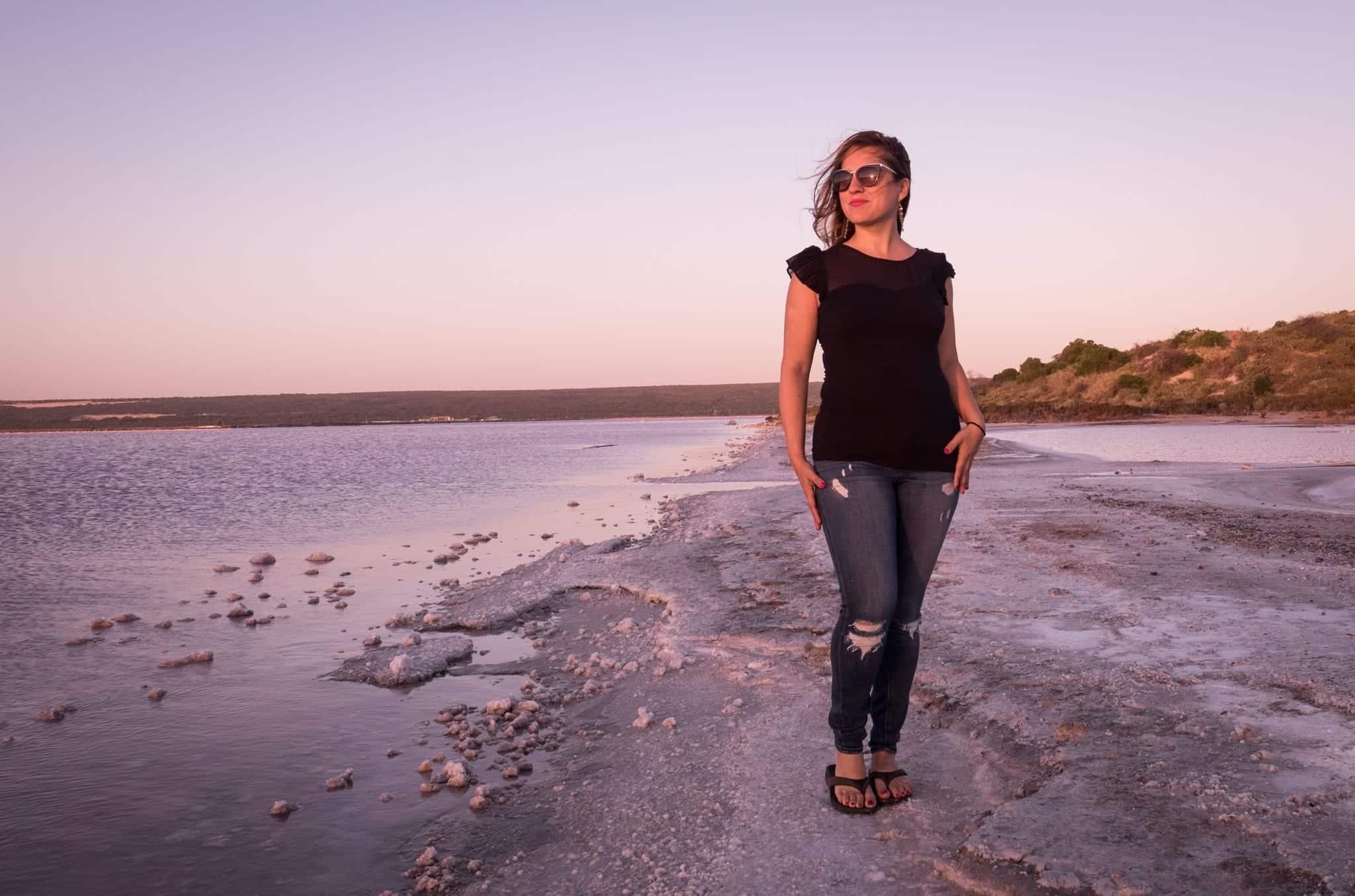
Overall, take time to think about your actions.
When planning a trip, I find that it’s a good rule to ask yourself a few questions:
- Why do I want to do this?
- How will this affect locals?
- How will this affect the planet?
- What will happen if dozens of people follow my example?
For example, if you’re set on staying in an Airbnb in a city impacted by overtourism, try to figure out your motivation. Do you want to stay there because it’s “cool”? There are more and more cool hotels springing up, especially in cool neighborhoods.
Is it because there are no hotels in the neighborhood? You can get a hotel in a different neighborhood nearby and take public transportation to the cool neighborhood.
Is it because it’s cheaper? Check out hostels — more and more hostels are going high-end and offering quality private rooms that rival what you can find in hotels.
What this all comes down to is putting aside your personal wants for the greater good.
I’ve shared earlier versions of this post with my fellow bloggers, and the reaction is usually explosive. Several people respond with, “Oh, so now I can’t go where I want to go because you say so?”
Dude. Do what you want. You have the right to cuddle with a sedated tiger and plaster the photos all over Instagram, and I have the right to cut you off and never read anything you create again. Louis C.K. has the right to make fun of children who watched their friends get murdered, and guess what — he will end up on the redneck circuit for the rest of his comedy career as a result. Actions. Consequences.
It’s the beginning of a new year. It’s time to take stock and think about how we can improve. I think this list is a good place to begin.
